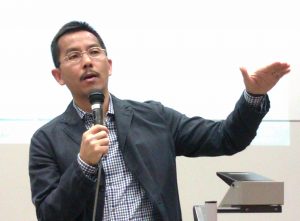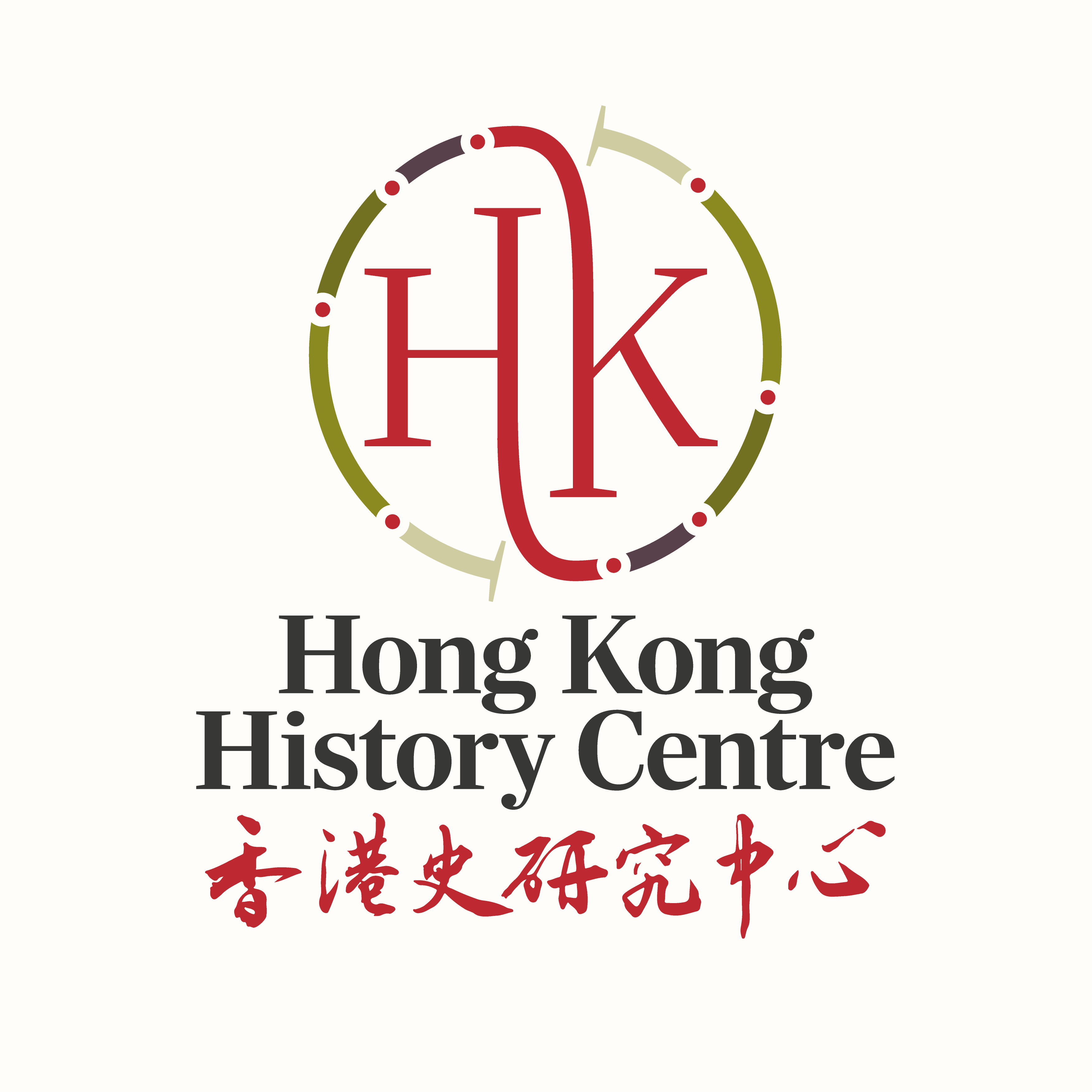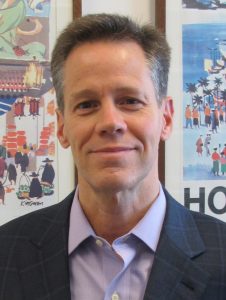
We are honoured to have Prof. Ray Yep, Associate Head of the Department of Public Policy at City University of Hong Kong, to be our interviewee this week.
A political scientist by training, Prof. Yep specialises in the study …
21/12/17
This week we have Dr. Edward Vickers of Kyushu University reflecting on the History of Education in Hong Kong.
The History of Education in Hong Kong – a bibliographical note
by Edward Vickers
The politics of education in Hong …
29/11/17
Tamara Cooper is a PhD Candidate in the School of Humanities and Social Inquiry at the University of Wollongong in Australia.

Her research focus is on the British Women’s Missionary Movement and its involvement in debates on the …
18/11/17
The Project is delighted to have Dr. Christopher Munn to be our interviewee this week. A former administrative officer in the Hong Kong Government 1980-1992, and a staff member of the Hong Kong Monetary Authority 1998-2010, …
26/10/17
Call for Papers
Challenges in the study of Hong Kong History: Postgraduate Workshop at the University of Bristol, January 2018
The Hong Kong History Project at the University of Bristol is pleased to announce that the second Postgraduate Workshop will …
19/10/17

Our second interviewee is Prof. Mark Hampton, of the history department at Lingnan University. A resident of Hong Kong for almost eleven years, Prof. Hampton has published widely on British media and culture, including the recent book Hong Kong …
14/10/17
Loretta Lou is a sociocultural anthropologist with an interest in environment, health, and science, technology & society (STS) studies. She has recently received her DPhil in Anthropology from the University of Oxford, where she now works as a Postdoctoral Researcher …
21/09/17
 Nele Fabian is a PhD candidate in Chinese History at Ruhr-Universität Bochum, Faculty of East Asian Studies, in Germany with a thesis on the “Social and Cultural Dimensions of Waste Treatment in Chinese Cities in the Nineteenth and Twentieth Centuries”. …
Nele Fabian is a PhD candidate in Chinese History at Ruhr-Universität Bochum, Faculty of East Asian Studies, in Germany with a thesis on the “Social and Cultural Dimensions of Waste Treatment in Chinese Cities in the Nineteenth and Twentieth Centuries”. …

This week we have Bristol’s very own Katon Lee sharing with us his journey into the fascinating world of suits and tailoring in Hong Kong. If you know anything about suit making/tailoring that you think Katon would be interested to …
19/08/17
We are delighted to announce that our Blog is starting a new series! In this series, we ask the same set of six questions to scholars with a common interest in Hong Kong from different disciplines.

Our inaugural interviewee is …
29/07/17We are honoured to have Prof. Ray Yep, Associate Head of the Department of Public Policy at City University of Hong Kong, to be our interviewee this week.
A political scientist by training, Prof. Yep specialises in the study …
21/12/17
This week we have Dr. Edward Vickers of Kyushu University reflecting on the History of Education in Hong Kong.
The History of Education in Hong Kong – a bibliographical note
by Edward Vickers
The politics of education in Hong …
29/11/17Tamara Cooper is a PhD Candidate in the School of Humanities and Social Inquiry at the University of Wollongong in Australia.

Her research focus is on the British Women’s Missionary Movement and its involvement in debates on the …
18/11/17The Project is delighted to have Dr. Christopher Munn to be our interviewee this week. A former administrative officer in the Hong Kong Government 1980-1992, and a staff member of the Hong Kong Monetary Authority 1998-2010, …
26/10/17Call for Papers
Challenges in the study of Hong Kong History: Postgraduate Workshop at the University of Bristol, January 2018
The Hong Kong History Project at the University of Bristol is pleased to announce that the second Postgraduate Workshop will …
19/10/17
Our second interviewee is Prof. Mark Hampton, of the history department at Lingnan University. A resident of Hong Kong for almost eleven years, Prof. Hampton has published widely on British media and culture, including the recent book Hong Kong …
14/10/17Loretta Lou is a sociocultural anthropologist with an interest in environment, health, and science, technology & society (STS) studies. She has recently received her DPhil in Anthropology from the University of Oxford, where she now works as a Postdoctoral Researcher …
21/09/17 Nele Fabian is a PhD candidate in Chinese History at Ruhr-Universität Bochum, Faculty of East Asian Studies, in Germany with a thesis on the “Social and Cultural Dimensions of Waste Treatment in Chinese Cities in the Nineteenth and Twentieth Centuries”. …
Nele Fabian is a PhD candidate in Chinese History at Ruhr-Universität Bochum, Faculty of East Asian Studies, in Germany with a thesis on the “Social and Cultural Dimensions of Waste Treatment in Chinese Cities in the Nineteenth and Twentieth Centuries”. …
This week we have Bristol’s very own Katon Lee sharing with us his journey into the fascinating world of suits and tailoring in Hong Kong. If you know anything about suit making/tailoring that you think Katon would be interested to …
19/08/17We are delighted to announce that our Blog is starting a new series! In this series, we ask the same set of six questions to scholars with a common interest in Hong Kong from different disciplines.

Our inaugural interviewee is …
29/07/17